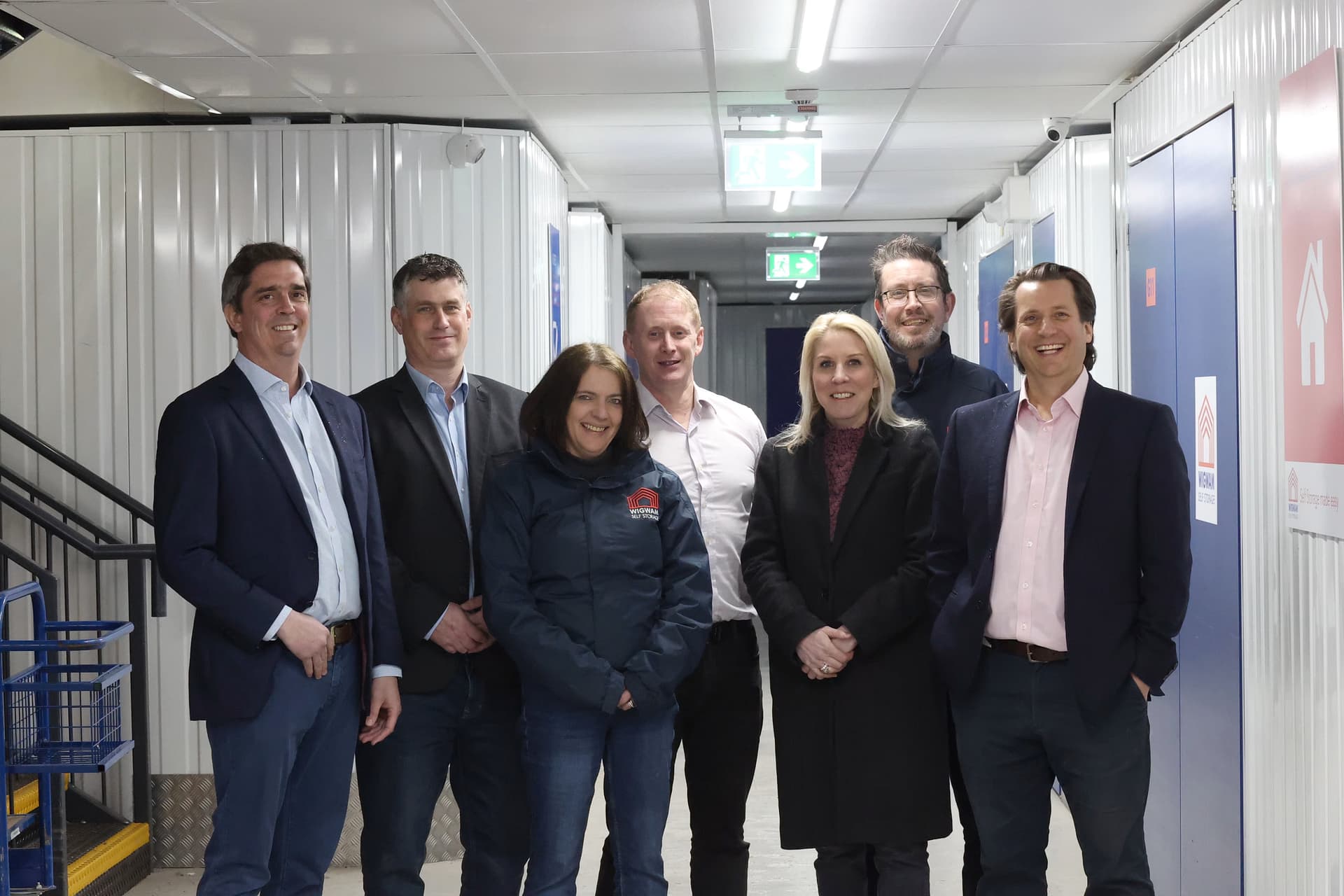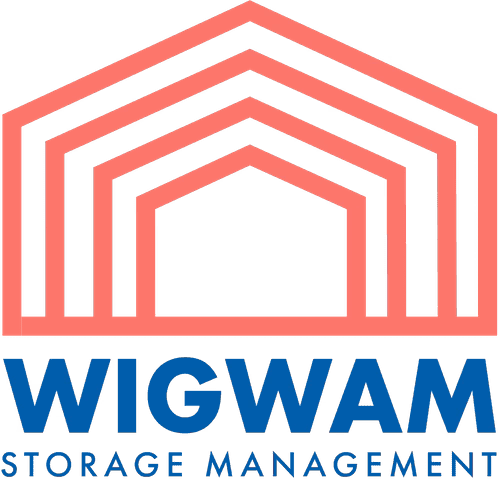Self Storage Investment Partnerships
Access high-performing storage assets designed for stability, scalability, and long-term value growth.

SERVICES
Partnerships for Landlords & Investors
We structure profitable partnerships between investors, landlords, and operators, designed to maximise value and minimise risk. Whether you’re funding a new build or optimising an existing asset, our expertise ensures your capital works harder.
Benefits of Partnering with Wigwam
We provide:
Access to proven self storage operators.
We deliver:
Joint ventures that balance risk and reward.
We create:
Predictable, long-term returns on investment.
Wigwam Storage Management
How We Structure Your Investment
- Stakeholder Alignment – Agreeing clear roles, returns, and risk-sharing
- Asset Strategy – Targeting high-demand markets
- Execution – Operational excellence from day one
- Ongoing Reporting – Transparent, data-driven performance updates

